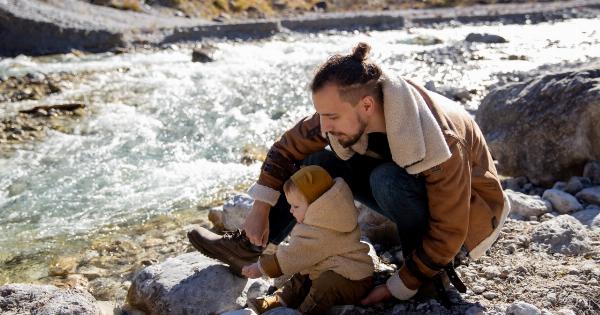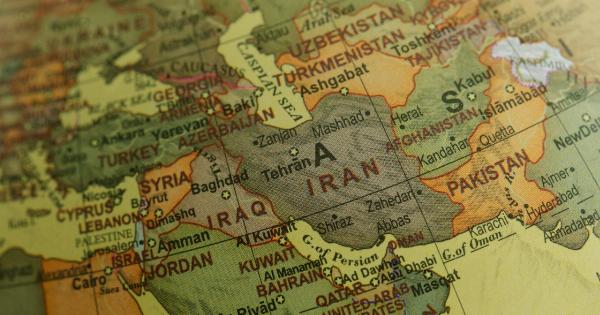Sexual activity is a natural part of human existence, but it is also a complex and sometimes controversial subject.
Society has established laws and regulations related to sexual behavior and sexual activity, including age limits, to protect vulnerable individuals and maintain social order. In this article, we explore the concept of age limits in sexual activity and discuss some of the related legal and ethical considerations.
What are age limits for sexual activity?
Age limits for sexual activity typically refer to laws that establish a minimum age for engaging in consensual sexual behavior. These laws are designed to protect children and adolescents from sexual exploitation and abuse by adults.
The specific age limits vary depending on the jurisdiction, but they generally range from 16-18 years old.
In many countries, sexual activity with minors is classified as statutory rape, regardless of whether the minor consents to the sexual activity.
This means that an adult who engages in sexual activity with a minor can be prosecuted and sentenced to prison, even if the minor initiates the activity or agrees to participate.
Age limits for sexual activity also apply to individuals who are close in age but not legally considered adults.
For example, in some jurisdictions, sexual activity between two minors who are close in age may be legal, while the same activity between a minor and an adult would be illegal.
Why are age limits for sexual activity important?
The primary reason for age limits in sexual activity is to protect minors from sexual exploitation and abuse.
Children and adolescents may not have the maturity or experience to understand the implications of their actions, and they can be easily coerced or manipulated into engaging in sexual behavior. An adult who engages in sexual activity with a minor is considered to be taking advantage of the power imbalance and vulnerability of the minor, and the law seeks to prevent such exploitation.
Additionally, age limits for sexual activity are important for maintaining social order and protecting public safety.
Sexual activity between minors or between close-aged individuals may be legal in some circumstances, but it can still create risks related to unwanted pregnancy, sexually transmitted infections, and emotional harm.
Are there exceptions to age limits for sexual activity?
There may be exceptions to age limits for sexual activity in certain circumstances, such as when the individuals involved are married or in a long-term committed relationship.
However, exceptions to age limits are generally rare and are subject to specific conditions and regulations.
For example, some jurisdictions may allow minors to engage in sexual activity if they have written permission from a parent or guardian.
Others may permit sexual activity between minors if there is a minimal age difference or if the individuals are close in age. Additionally, some jurisdictions may provide legal defenses for individuals who engage in sexual activity with minors, such as if they were unaware of the minor’s age or if the minor claimed to be of legal age.
What are the ethical considerations of age limits for sexual activity?
Age limits for sexual activity are not only a matter of law but also a matter of ethics. Some people question whether age limits are too strict or too lenient, or whether they infringe on individual freedom and autonomy.
Advocates of strict age limits for sexual activity argue that minors should be protected from sexual exploitation and harm and that adults must be held accountable for their actions.
They argue that minors are not able to make informed decisions about sexual behavior and that sexual activity between a minor and an adult can have negative long-term consequences for the minor’s emotional and psychological development.
On the other hand, critics of age limits for sexual activity may argue that such limits create arbitrary and unrealistic boundaries for sexual expression and that they may be used to discriminate against individuals based on age or sexual orientation.
They may also argue that the legal system is too harsh in punishing individuals who engage in consensual sexual behavior, particularly when both parties are minors or close in age.
Conclusion
Sexual activity is a natural and healthy part of human existence, but it is also a complex and sometimes controversial subject.
Age limits for sexual activity are designed to protect vulnerable individuals and maintain social order, but they also raise important legal and ethical considerations. Ultimately, the goal of age limits for sexual activity is to balance individual freedom and autonomy with the need to protect minors from sexual exploitation and abuse.




























